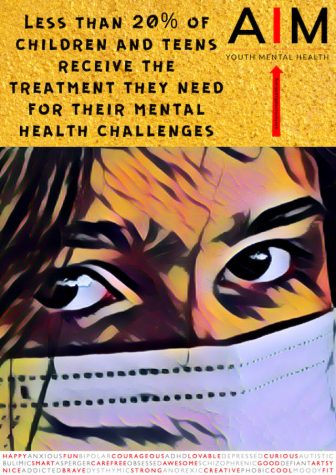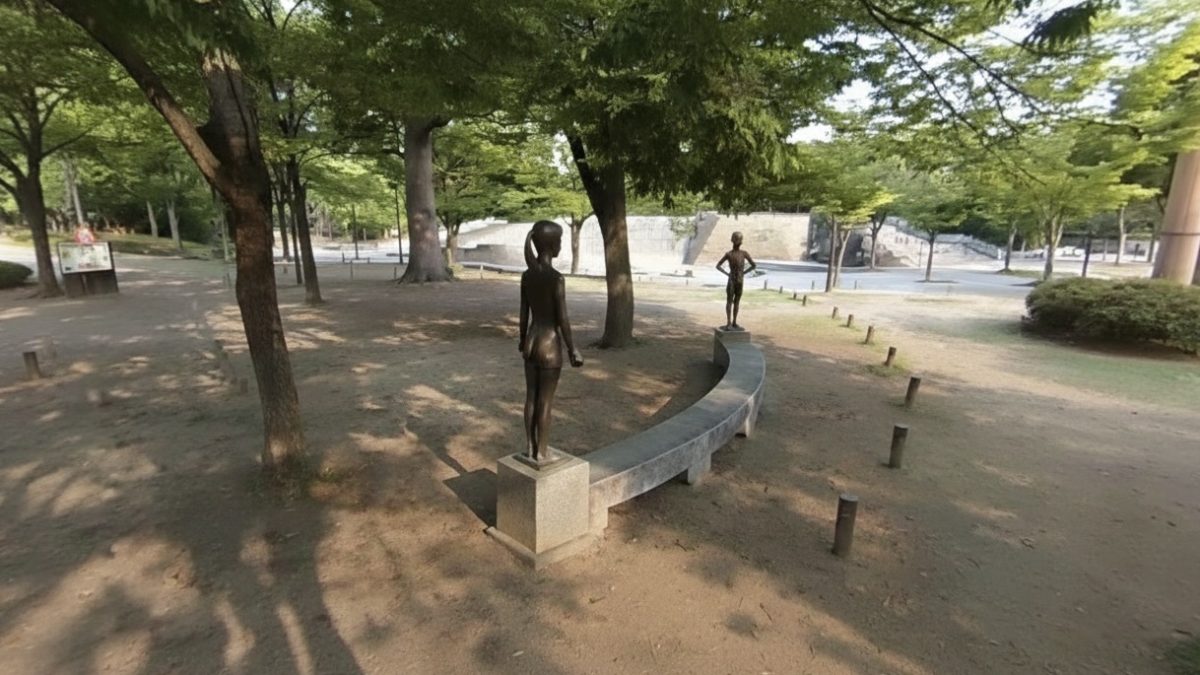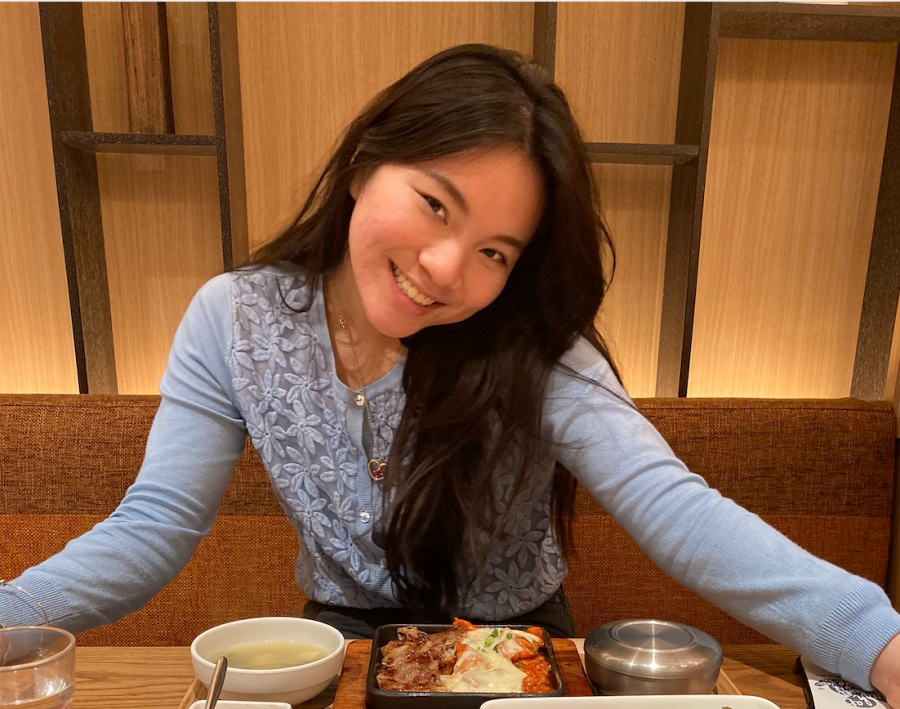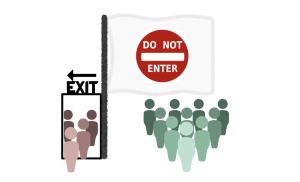The barriers around seeking mental health support
June 8, 2022

In an age where mental health and awareness for mental illnesses is widespread, seeking professional help is usually the advice people give to others struggling. But there are limitations to the professional help we can access — not only socioeconomic barriers but cultural ones too. For those who are financially limited and cannot access professional help for a diagnosis and more specific and focused treatment, the only resources available become helplines or emergency services, which are temporary solutions.
Even counseling provided by institutions is limited in terms of what can be achieved. Most institutional counseling is short-term, and sessions are time-limited. In-school counseling in particular is often only offered during school hours, meaning students need to find the time out of their classes or extracurricular activities to receive counseling. Although counselors at these institutions are qualified therapists and psychologists, they are unable to diagnose or prescribe treatment or medication, and often only provide one type of therapy. The inevitable consequence is for students looking for long-term help to be referred to external mental health professionals.
Another barrier that may prevent people from gaining access to professional help is their age. Being a minor limits access to mental health services when parents or guardians are unwilling to allow it or are unaware of the issue. This is especially true for children with family issues or with guardians who are unaccepting of therapy. In Japan, the age of consent is currently 20, and those who are under the age of 20 are currently unable to seek professional therapy or have prescribed medication without permission from their guardians.
When these barriers add up, it can make effective solutions or treatment inaccessible to people who are struggling.
For some, this leads to looking for resources through the internet. Self-diagnosis is often frowned upon because some of the information people receive on the internet is inaccurate, and in some cases, self-diagnosing can lead to the overlooking of other underlying issues. When used to jump to conclusions and as a definitive answer, self-diagnosis can lead to the normalization of the belief that certain mental health symptoms, such as mild stress, worry, and loneliness are a serious cause for concern. However, while discouraged in most cases, looking up potential causes for symptoms and ways to combat them can sometimes bring to light a possible underlying condition and encourage people to seek help for a professional diagnosis. For some, the symptoms they are experiencing are completely new and unknown to them, and finding a potential explanation can serve as a form of validation for what they are experiencing.
The most important step is to recognize changes in one’s mental health and seek help at an early stage, before the issue becomes detrimental to the quality of life. However, in reality, the systemic limitations that come with seeking mental health resources are beyond our control, and it will take a long time before we start to see significant changes in our society. This is why it is important to be open to maintaining a balance between a variety of forms of mental self-care, such as practicing mindfulness or continuing to interact with people even if that just means calling someone for a few minutes every day.
Rather than being reliant on one form of treatment or assuming that counseling or medication are the only solutions to every issue, we need to begin to practice taking care of our mental health even when there are no ongoing issues. With barriers to getting the right, or all of the help needed, alternative resources may not be able to completely meet as many needs as professional help can provide. Even so, diversifying your support system or changing small parts of your daily routine to include small outlets, like going for a walk, or maintaining a regular sleep schedule can contribute to significant mood changes.
For high school students planning to study outside of Japan, many university student healthcare insurances cover the cost of professional mental health resources, and also have their own counseling centers on campus. The accessibility to those resources can be a factor to consider when making a college list. With on-campus counseling services like the one provided at Emory University, students can receive short-term counseling services with clinical psychologists, as well as access crisis emergency appointments and student support groups.
When it seems like there are so many limitations and challenges that stand in the way of getting help, it can be frustrating when many of the options being recommended can be so hard to access. However, until systemic changes are made, we can all do our best to branch out to include a variety of more achievable coping mechanisms in our personal lives.





























































